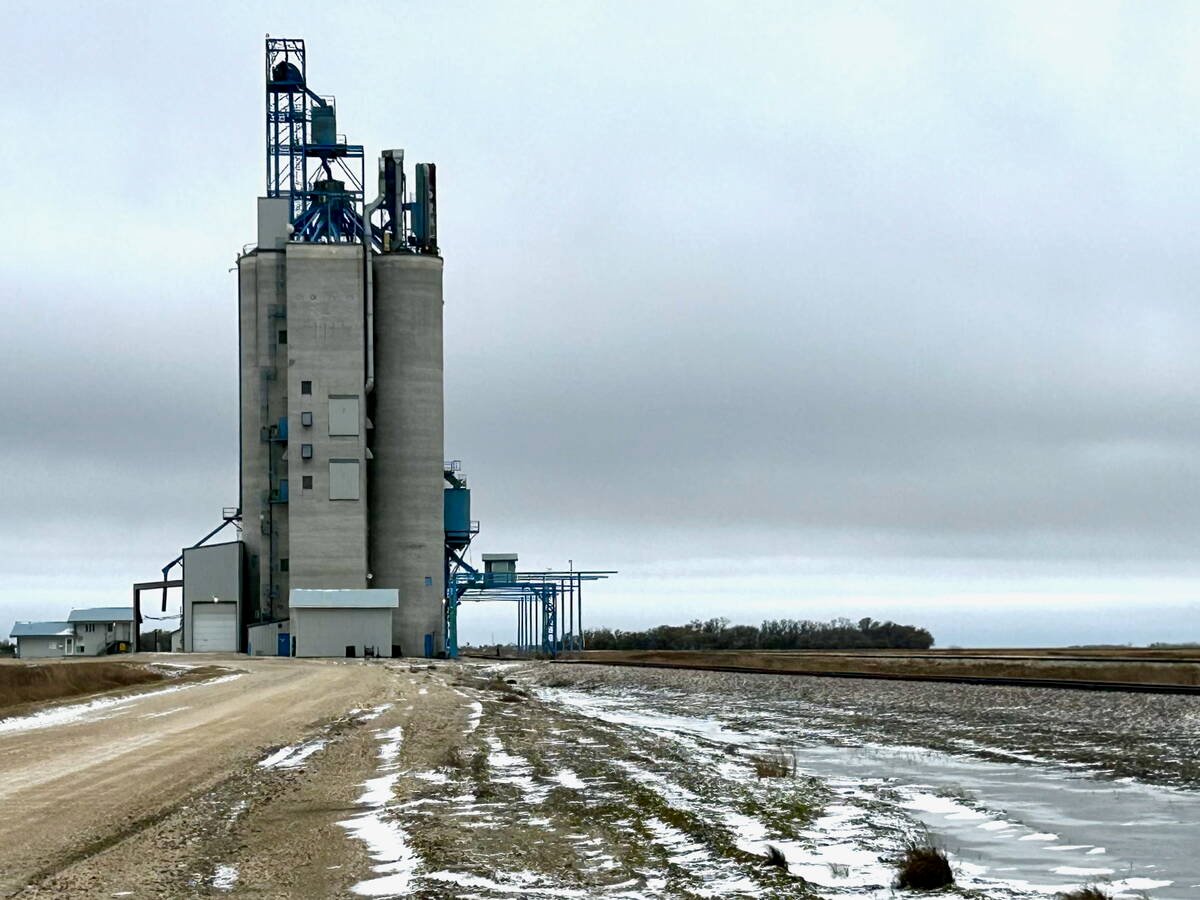CHICAGO — In the end, after all the talk about export caps and predatory pricing, the Canada-U.S. agricultural trade dispute comes down to ideology.
U.S. trade ambassador Mickey Kantor told reporters here Monday to look beyond the issue of whether Canada ships 1.3 or 2.5 million tonnes of grain south each year.
“We have some fundamental disagreements about agricultural systems and agricultural processes and we’re trying to work to some reconciliation on these fundamental differences,” he said June 27 after another day of talks with Canada produced no result.
Read Also

Manitoba grain elevator ownership expands
Carman-based Linear Grain buys Fannystelle elevator from Bunge, another three elevators sold to Morden’s BP & Sons Grain and Storage Inc.
Earlier, he had cautioned against looking for winners and losers.
“There’s a real spirit of co-operation but I wouldn’t say either side has given in,” Kantor said. “That’s always a misnomer in negotiations. What we’re looking for is common ground.”
In the course of the negotiations, it is clear that he means “ground common to the Americans.”
As much as the focus of the disagreement has been on import levels and and allegations of unfair pricing, what Canadian negotiators heard in Geneva, Toronto, Marrakesh and Chicago was a demand that Canada change its policies to more easily mesh with American policies.
Only if they are recognizable to the Americans can they be judged as to their fairness.
“There is no doubt that these talks have been a clash of ideologies as much as detail,” one Canadian official says.
The demands of American officials really are the tip of the iceberg of a broader negotiating agenda.
So while Canadian negotiators have been willing to compromise by agreeing to a high limit on grain shipments south, at the risk of riling up Canadian farmers, the Americans insist the entire wheat board system must be amended to make it “more transparent” to its American competitors.
This will mean “we can avoid this kind of problem in the future,” Kantor said.
And while Canadian negotiators have been quietly ready to strike some kind of a deal to lower import tariffs on ice cream and yogurt, at the risk of riling up dairy farmers, the Americans want changes that will effectively dismantle the supply management system by removing almost all its protection from U.S. competition.
Fundamental objections
Agriculture minister Ralph Goodale insisted Monday that the day had been useful in getting to the bottom of what some “fundamental objections” are from both sides.
He has said the Americans appear to have a hard time understanding Canadian agriculture and its differences.
Kantor was making it clear he understands the Canadian system. He simply doesn’t agree with it, Goodale said.














